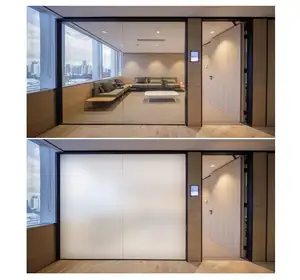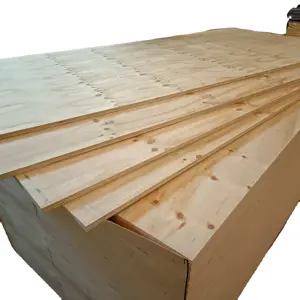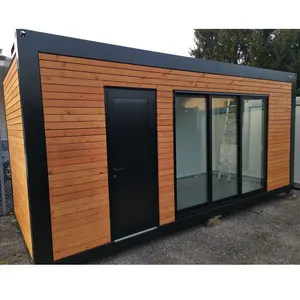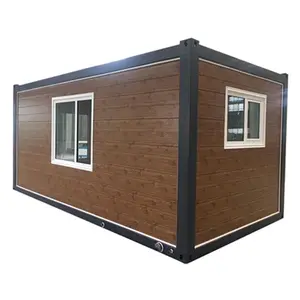Popular in your industry









































Top categories
About csr rockwool insulation
Introduction to CSR Rockwool Insulation
Rockwool insulation, a sustainable and efficient insulation solution, is widely recognized for its thermal and acoustic properties. CSR Rockwool insulation, a specific category within this domain, is designed to meet diverse building requirements, offering a balance of performance and environmental consideration.
Composition and Manufacturing
Mineral wool insulation is crafted from natural basalt rock and recycled slag, a byproduct of steel production, which are melted and spun into fine fibers. The thermal insulation materials produced from this process are known for their fire-resistant qualities and durability, making them an ideal choice for various construction applications.
Types and Applications
CSR Rockwool comes in various forms, including insulation batts, insulation boards, and loose-fill, which can be used in residential, commercial, and industrial settings. Its versatility allows for application in walls, roofs, and floors, providing effective soundproof insulation and fire protection.
Features and Advantages
The inherent characteristics of fire-resistant insulation make it a go-to for safety-conscious projects. Moreover, its thermal properties contribute to energy efficiency, reducing heating and cooling costs. Rockwool's density also aids in noise reduction, enhancing the acoustic comfort of a space.
Environmental Impact and Sustainability
CSR Rockwool insulation is notable for its eco-friendly attributes. The materials used are predominantly natural or recycled, aligning with green building standards. Additionally, the energy-saving insulation capabilities of Rockwoil contribute to lower carbon footprints for buildings.
Installation and Handling
While specific installation details are not provided, it is essential to note that Rockwool insulation should be handled according to safety guidelines due to its fibrous nature. Proper fitting is crucial to maximize the thermal performance and effectiveness of the insulation.






















